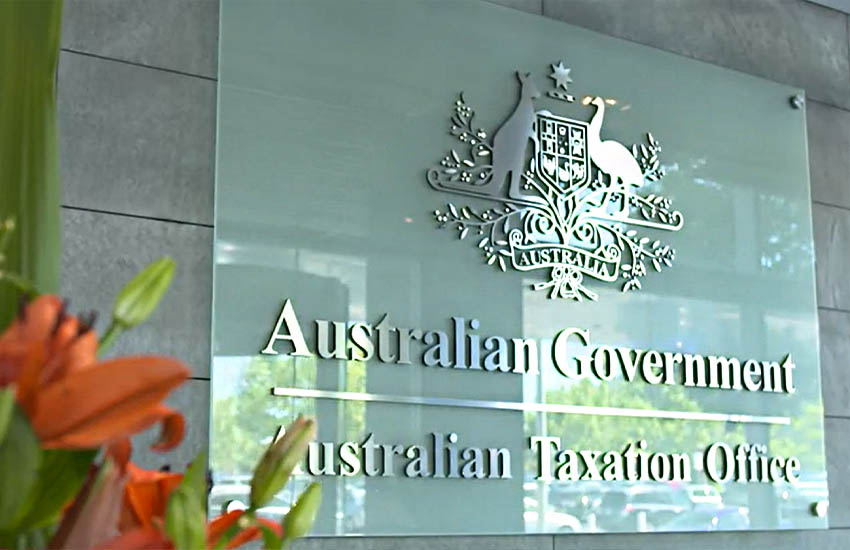There is a range of hurdles for taxpayers who want to claim, says the ATO.
26 June 2025
New Broker Academy 2025
Uncover a new world of opportunity at the New Broker Academy 2025If you’re ready for a career change and are looking...
KNOW MOREThere is a range of hurdles for taxpayers who want to claim, says the ATO.

Cryptocurrency donations may be subject to both CGT and donation tax rules, the ATO said in updated assessment guidance.
“If your clients are thinking about donating crypto assets, there are a few things they need to consider,” the ATO said.
Where donations were intended for not-for-profit organisations, it was vital that they were set up to accept crypto assets and they were transferred into the recipient’s legal name.
To claim a tax deduction for a gift or donation of a crypto asset, it had to meet the gifts and donations conditions and gift types, requirements and valuation rules.
“Your client can only claim a tax deduction for gifts or donations to organisations that have a status as a deductible gift recipient (DGR),” the ATO said.
“They can’t claim tax deductions for gifts or donations made to social media or crowdfunding platforms unless the recipient of the gift or donation has DGR status.”
The ATO said taxpayers should check the DGR status of an organisation at ABN Lookup: deductible gift recipients.
“Because crypto assets are property, if your clients donate crypto assets there may be CGT consequences,” the ATO said.
“Donating crypto assets is a CGT event, similar to any other disposal of an asset.”
The ATO said if CGT applied to a gift of crypto assets, they would be received at the market value of the asset at the time of the CGT event.
“Generally, your clients don’t have to pay CGT when donating crypto assets to DGRs for gifts made under a will (testamentary gifts) – but you can’t claim a tax deduction for these,” the ATO said.
This also included property donated under the Cultural Gifts Program and personal use assets.
“Most of your clients will need to report the crypto asset transaction at both the CGT and the gifts and donations sections of their tax return,” the ATO said.
It was vital to keep good records for all transactions with cryptocurrency, whether it was being used as an investment, for personal use or in business.
Clients should record the date of the transactions, the value of the cryptocurrency in Australian dollars at the time of the transaction (which can be taken from a reputable online exchange) and what the transaction was for and who the other party was (even if it’s just their cryptocurrency address).
“The sorts of records you should keep include receipts of purchase or transfer of cryptocurrency, exchange records and records of agent, accountant and legal costs,” the ATO said.
“This also includes digital wallet records and keys and software costs related to managing your tax affairs.”

AUTHOR
Tony Zhang is a journalist at Accountants Daily, which is the leading source of news, strategy and educational content for professionals working in the accounting sector.
Since joining the Momentum Media team in 2020, Tony has written for a range of its publications including Lawyers Weekly, Adviser Innovation, ifa and SMSF Adviser. He has been full-time on Accountants Daily since September 2021.
You can email Tony at
Comments will undergo moderation before they get published.
Uncover a new world of opportunity at the New Broker Academy 2025If you’re ready for a career change and are looking...
KNOW MOREGet breaking news
 Login
Login
